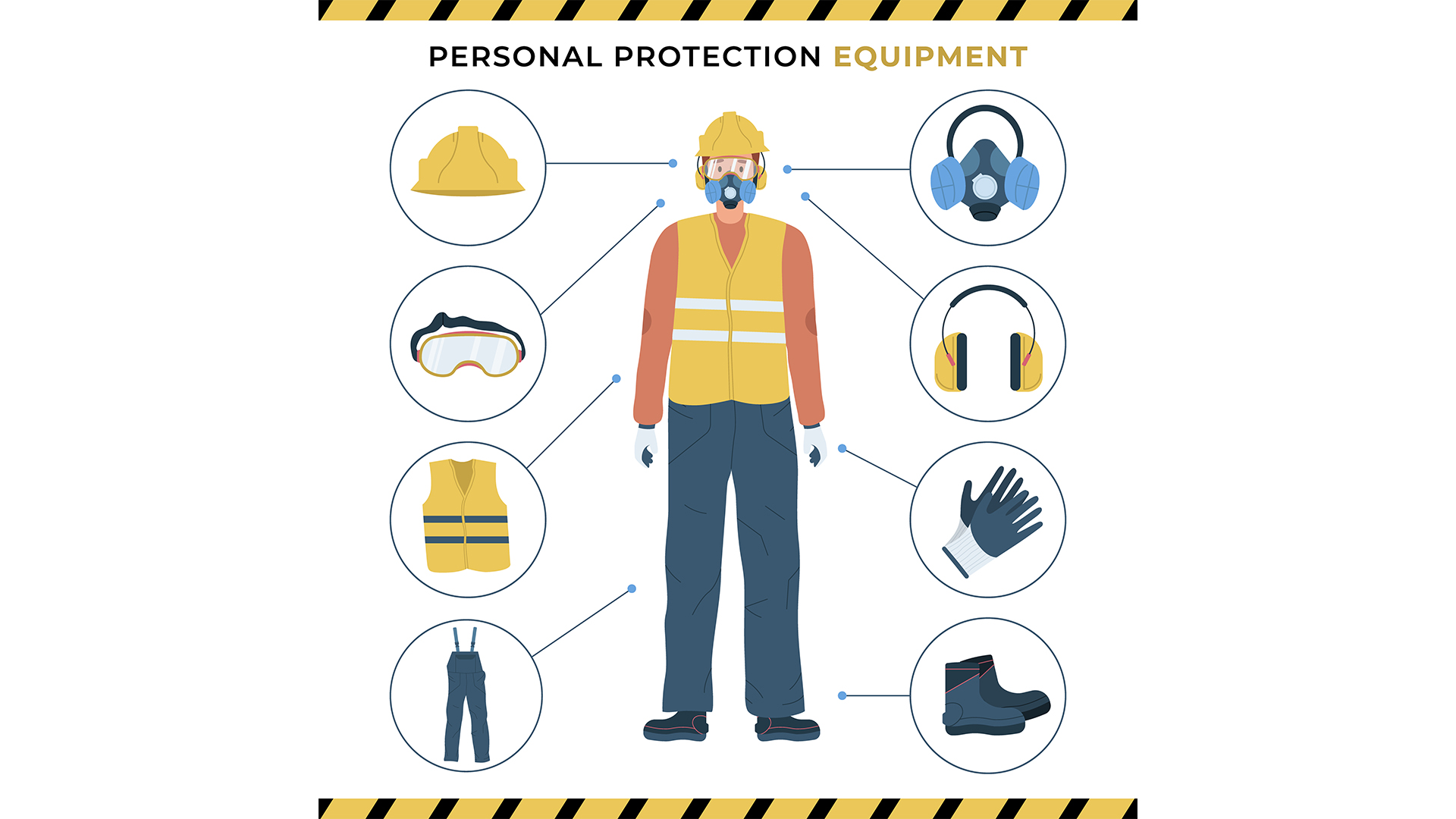
Innovative Risk Management Techniques
Course overview
Obtaining a Professional Risk Manager Certification facilitates the proactive identification and analysis of potential risks, preventing them from impeding the execution of a project. By using environmental screening skillfully, professional risk management enables you to identify possible project deviations early on.
This gives you enough time to get ready appropriately and avoid unfavorable outcomes that could cause planned projects to fail. Risk analysis employs cost-benefit analysis to assess a planned activity in order to lessen the impact of an unfavorable event. This enables your business to reduce risks during a process and plan quick reactions to emergencies or other unfavorable occurrences.
There is no better method to make sure you learn everything there is to know about risk management, which will enable you to create a robust program for your company. Additionally, proficiency and adherence to important risk management guidelines are guaranteed by a professional risk manager certification. As part of staff development, this will guarantee that your employees have professional risk management certifications.
Investing in your personnel, and consequently in your human capital, will eventually increase your organization’s potential and worth in the future. It will also improve the public perception and risk management procedures of your company. It provides you with an approach to assess and appraise performance, simplify hiring procedures, and quantifiably show off the skill of your employees.
As such, this Training Bee training course will provide you with the necessary skills to quickly absorb concepts and create a contextual understanding of how your company can guarantee the creation of a flexible and adaptable risk management plan.
Introduction
Greetings and welcome to the Advanced Course on Risk Management! The goal of this course is to give participants the information and abilities they need to successfully negotiate the complicated risk landscape seen in today’s fast-paced corporate world. This advanced course explores advanced strategies and approaches for recognizing, evaluating, and successfully managing risks across many aspects of an organization, building on fundamental principles in risk management.
Participants in this course will apply theoretical concepts to real-world problems through interactive discussions, case studies, and practical activities. Our goal is to enable you to develop the skills necessary to successfully navigate unknowns, make wise decisions, and support the resiliency and success of your company.
We are The Training Bee, a global training and education firm providing services in many countries. We are specialized in capacity building and talent development solutions for individuals and organizations, with our highly customized programs and training sessions.
Learning Objectives
Upon completing Professional Risk Manager Certification, participants will be able to:
- Discover how to use the concepts and techniques of risk management in the context of the various organizational settings.
- Additionally, it will promote understanding of the main risk management strategies used in typical corporate settings.
- Examine how to incorporate the requirements for risk management into the organizational culture in order to create a proactive, risk-averse culture.
- Learn how to consistently and constructively manage risk in order to achieve all of the pertinent major objectives for your firm.
- Acknowledge the common mistakes to look out for and steer clear of while examining current risk management plans.
- Gain knowledge of the guiding concepts, processes, and conventions around the use of professional risk management technique, as well as its possibilities and effects.
Our Unique Training Methodology
This interactive course comprises the following training methods:
- Journaling – This consists of setting a timer and letting your thoughts flow, unedited and unscripted recording events, ideas, and thoughts over a while, related to the topic.
- Social learning – Information and expertise exchanged amongst peers via computer-based technologies and interactive conversations including Blogging, instant messaging, and forums for debate in groups.
- Project-based learning
- Mind mapping and brainstorming – A session will be carried out between participants to uncover unique ideas, thoughts, and opinions having a quality discussion.
- Interactive sessions – The course will use informative lectures to introduce key concepts and theories related to the topic.
- Presentations – Participants will be presented with multimedia tools such as videos and graphics to enhance learning. These will be delivered engagingly and interactively.
Training Medium
This Professional Risk Manager Certification training is designed in a way that it can be delivered face-to-face and virtually.
Course Duration
This training is versatile in its delivery. The training can be delivered as a full-fledged 40-hour training program or a 15- hours crash course covering 5 hours of content each day over 3 days
Pre-course Assessment
Before you enroll in this course all we wanted to know is your exact mindset and your way of thinking.
For that, we have designed this questionnaire attached below.
- Describe risk and make the distinctions between it, opportunity, and uncertainty.
- Describe the distinctions between risk analysis that are quantitative and qualitative.
- List the various techniques used to identify hazards in a project or company.
- Describe the procedures that go into carrying out a comprehensive risk assessment.
- Describe how risk scoring and risk matrices are used to rank hazards in order of importance.
- Talk about common ways to reduce risk and give examples of each.
- Describe the idea of risk transfer and provide instances of its use.
- Describe the essential components of a system that effectively monitors and controls risks.
- Explain the process of modifying risk response tactics in light of monitoring outcomes.
- Give an explanation of financial risk and give some instances of it in a business setting.
Course Modules
This Professional Risk Manager Certification covers the following topics for understanding the essentials of the Agile Workplace:
Module 1 – INTRODUCTION
- History
- Approach
- Principles
- Philosophy
Module 2 – RISK MANAGEMENT
- Scheduling Risks
- Integration of Risk
- Perspective on organizational risk
- Standards and Guidelines for Risk
Module 3 – Classification of Risks
- Constant Enhancement
- Preservation of Institutional Memory
- Communication, Context, Framework, and Risk Management
- Planning Scenarios
- Identification, Appraisal, and Assessment of Risks
Module 4 – RISK NOTIFICATION
- Control of Risk
- Characteristics of successful risk management
- Risk Management and Risk Observation
- Emergency Preparedness
Module 5 – Project Management for Risk
- Information Management and Change Leadership
- Stakeholder Relationship Management with Customers
- Interaction, Investigation, and Evaluation
- Benefit from Risk
- Risk Expansion and Comparative Analysis
Module 6 – Handling Operational Risk
- Audits of Risk Performance
- Audits of Risk Systems
- Elimination of Risk
- Regulations and Risk Frameworks
Module 7 – INCLUDING RISK ADMINISTRATION
- Establishing a Culture of Risk Aversion
- Linking risk assessment to operational procedures
- Essentials of Risk
- Culture of Risk Performance
- Strategic versus Operational Risk
- Building a Case Study: Developing a Risk-Checking Behavior
Post-course Assessment
Participants need to complete an assessment post-course completion so our mentors will get to know their understanding of the course. A mentor will also have interrogative conversations with participants and provide valuable feedback.
- Describe the essential components of a thorough framework for risk management.
- What role does an effective risk framework have in the success of an organization?
- Analyze and contrast risk analysis techniques that are qualitative and quantitative.
- Describe the thinking behind why particular risks are prioritized in a particular situation.
- How can the efficacy of a selected risk mitigation strategy be ascertained?
- Talk about how financial risk management helps you reach your financial goals.
- Analyze how various financial instruments affect the total amount of risk exposed.
- Showcase the smooth integration of operational and strategic risk management.
- Describe the ways in which daily operational choices can be impacted by strategic risk considerations.
Lessons Learned
- Recognize that risk is a necessary component of every undertaking or business.
- Understand that proactive risk identification, assessment, and management is more important for effective risk management than complete risk avoidance.
- Recognize the significance of incorporating risk management into operations, strategic planning, and decision-making procedures within a company.
- Stress the importance of continual risk assessment and the flexibility to modify plans in response to changing conditions.
- Acquire the skill of utilizing real-time data and feedback to enhance risk management effectiveness by modifying risk responses.
- Understand the fine line that separates profit from risk.
- Recognize that taking too many risks might result in failure, while taking too little risks can limit creativity.
- Learn about risk in its entirety, taking into account its financial, operational, strategic, compliance, and other aspects.
- Recognize that a thorough risk management plan takes into account how various risk types are related to one another.
- Recognize that communication is essential to risk management.
- Acquire the ability to effectively inform stakeholders at all organizational levels about risks and mitigation techniques.
- Approach risk management with a proactive mentality, foreseeing possible obstacles and spotting possibilities.
- Recognize the value of stress testing and scenario preparation in order to be ready for a variety of potential situations.
- Adopt a mindset that values ongoing education and development of risk management techniques.
- Make use of the knowledge gained from previous experiences to improve risk management tactics in the future.






